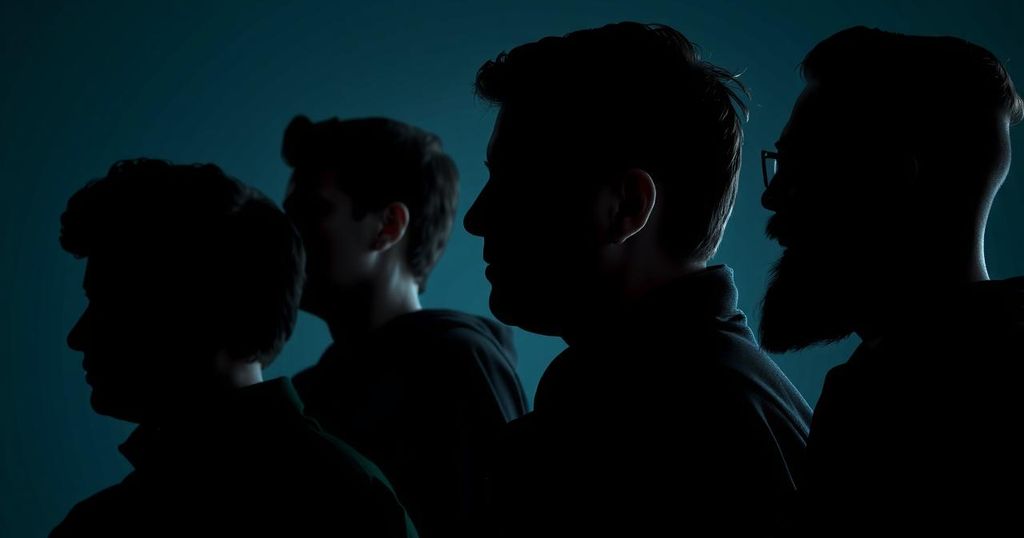In recent developments, X Premium subscribers have been utilizing an AI tool named Grok, developed by Elon Musk’s company xAI, to generate controversial deepfake images featuring notable figures such as former President Barack Obama and pop star Taylor Swift. As reported by The Verge, the lack of stringent controls within Grok has led to the creation of explicit and violent imagery, including depictions of Taylor Swift in provocative attire, Barack Obama engaged in violent acts against current President Joe Biden, and other troubling portrayals involving prominent political figures.
Despite Grok’s assurances that it aims to restrict the production of pornographic, excessively violent, or hateful images, user-generated content has increasingly breached these guidelines. This situation raises significant concerns, particularly given Mr. Musk’s broader ventures, such as X, which have faced criticism for allowing the spread of malicious content, including racism and violence. Notably, regulatory bodies in the European Union are currently investigating X’s content moderation practices, a response to apprehensions regarding recent staffing reductions in their moderation team.
Other AI platforms have implemented measures to mitigate the production of harmful content. For instance, Google’s Gemini has refined its algorithms to render historically accurate imagery while confronting underlying racial biases. Additionally, Microsoft’s Copilot, which incorporates OpenAI’s DALL-E 3, faced scrutiny earlier this year for generating unsolicited violent and sexualized images, as well as copyright infringements. Earlier this year, Microsoft Designer was involved in the creation of deepfake nude images of Taylor Swift that garnered widespread attention.
Elon Musk’s apparent indifference towards the implications of deepfakes is exemplified by his recent sharing of an AI-generated video featuring Vice President Kamala Harris on X. The proliferation of deepfakes poses challenges related to misinformation and sexual harassment, with a significant proportion of such content being nonconsensual and targeting women. While ten U.S. states have enacted regulations governing deepfakes, there remains a notable absence of federal legislation on this pressing issue. The current debate surrounding Grok and the broader implications of deepfake technology highlight the urgent necessity for comprehensive guidelines to mitigate potential harms associated with such rapidly evolving AI tools.

